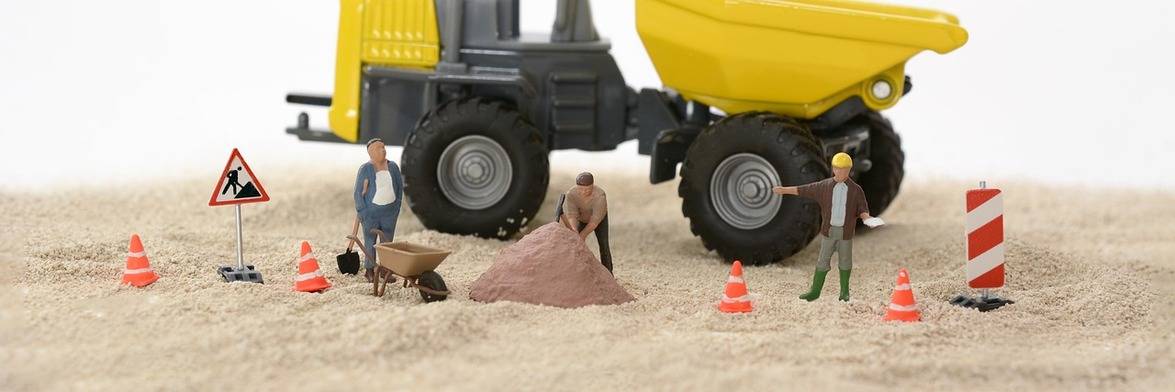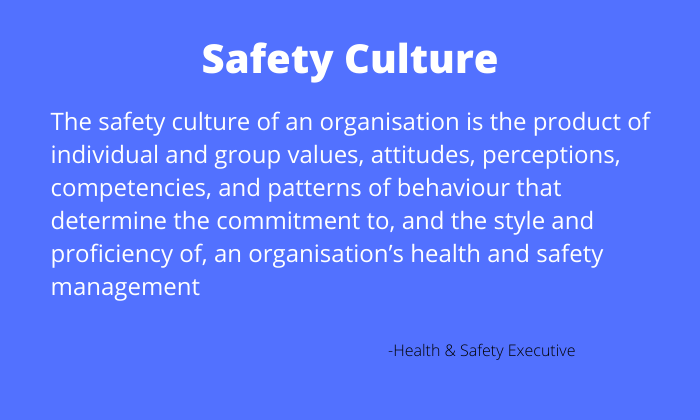The Importance Of Safety Culture In Civil Engineering Projects

Civil engineering is a crucial field that plays a significant role in society, particularly in construction. Civil engineers are responsible for designing, constructing, and maintaining essential infrastructure, such as buildings, bridges, and roads. Ensuring the safety of construction workers and the general public is of utmost importance when it comes to civil engineering projects. It is imperative to implement proper safety measures and protocols throughout all phases of the construction process to prevent accidents, injuries, and fatalities.
Why is Safety Important in Civil Engineering?
When it comes to engineering and construction works, safety should always be the first priority. Safety measures are essential for preventing or reducing the damage that could potentially occur during the construction process. Any safety lapses could result in fatal accidents that could harm both workers and the public. Civil engineering safety measures ensure that the construction site is safe and compliant with the relevant safety regulations measures.
How do Safety Concepts Work in Civil Engineering?
Safety concepts in civil engineering focus on ensuring that the construction site, workers, and the public are safe throughout the construction process. Engineering safety measures involve various protocols and guidelines to guarantee that the construction site remains safe from any hazard that could potentially harm the workers or public at large.
Engineers carry out a preliminary safety assessment of the construction site to identify any hazards. This assessment provides key information on potential safety hazards on the construction site and the necessary measures that should be put in place to prevent accidents and injuries. Once the safety assessment is complete, appropriate safety protocols are implemented for construction work to commence while ensuring all workers adhere to these protocols.
What are the Primary Safety Risks in Civil Engineering?
Construction sites face various hazards that pose a significant threat to workers and the public. Some of the primary hazards include falls, electrocution, fire and explosions, hazardous materials, and collisions. Civil engineers should prevent the occurrence of such hazards by implementing adequate safety precautions throughout the construction process.
What are the Common Safety Practices in Civil Engineering?
Numerous safety practices are implemented during the construction process to ensure the safety of workers and the public. Some of the common civil engineering safety practices include personnel protective equipment, fall protection systems, emergency preparedness drills, scaffold input, and preventative maintenance measures.
Personnel protective equipment (PPE) is one of the most effective ways to minimize injuries and fatalities in a construction site. Protective helmets, gloves, boots, and safety glasses are some of the commonly used PPE on construction sites. Additionally, the workers must adhere to the fall protection systems on the construction site to prevent falls from heights.
What are Safety Training Requirements for Construction Works?
Civil engineering safety training is an essential aspect of ensuring the safety of both workers and the public around the construction site. Engineers must provide the necessary training to their workers before they commence work on the construction sites. This training could include information on safety measures, the proper handling of equipment, construction site risks and hazards, emergency preparedness, and incident response protocols.
What is the Role of Engineering Safety Inspectors in Construction Works?
Engineering safety inspectors play a significant role in ensuring that the construction site remains compliant with the safety protocols and guidelines. The engineers regularly inspect the construction site to ensure that workers follow the safety protocols, PPE is used properly, and the equipment is functioning correctly. Inspections are conducted in different phases of construction to ensure that the construction site remains safe throughout the construction process.
What are the Benefits of Implementing Safety Concepts in Civil Engineering Construction Works?
Implementing safety concepts in civil engineering construction works comes with numerous benefits. Firstly, a safe construction site provides an environment that minimizes accidents and injuries, resulting in a good reputation for the civil engineering firm. Secondly, safe construction sites lead to a reduction in insurance claims and litigation. Lastly, implementing safety practices in construction works results in a reduction in the cost of construction materials and equipment due to fewer incidents affecting the equipment and materials.
Final Thoughts
Civil engineering safety concepts are critical in construction works as they ensure that all workers and the public are safe throughout the construction process. The process starts with the proper safety assessment of the construction site to identify any potential hazards, which is followed by the implementation of adequate safety protocols and guidelines to guarantee the construction site's safety. Civil engineering safety concepts not only ensure the safety of workers and the public, but they also have numerous benefits for civil engineering firms, including a good reputation and a reduction in the cost of construction materials and equipment.


Post a Comment for "The Importance Of Safety Culture In Civil Engineering Projects"